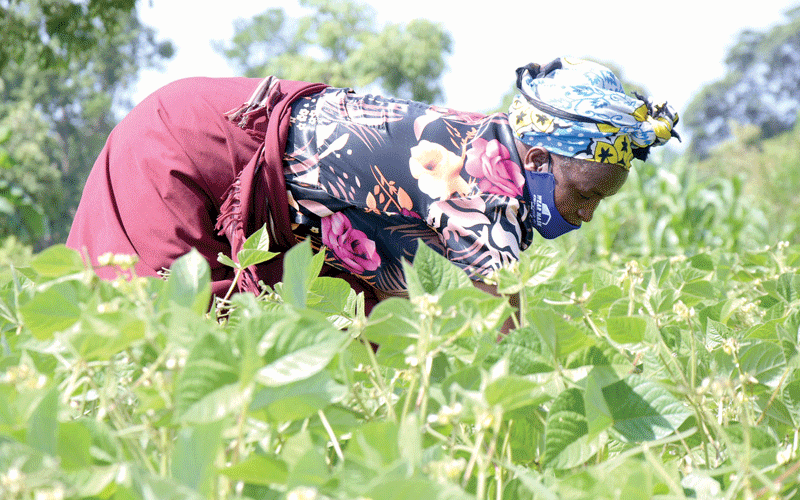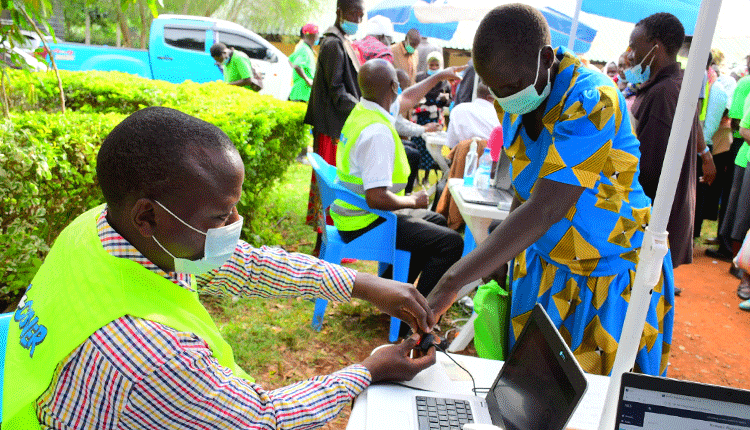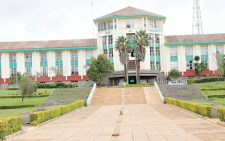Tharaka food basket grows, thanks to modern practice

Farmers from Tharaka Nithi county have doubled their food production, after they embraced conservation agriculture practices for improved food security.
At least 4,000 farmers from the driest parts of the far-flung county, have stopped depending on the government and humanitarian groups for relief food.
They have incorporated modern farming practices among them drip irrigation, intensive tillage, application of inorganic fertiliser, chemical pest control and genetic manipulation of crop plants.
In a county that prides in expansive and fertile land for farming, water shortage has been a major impediment for farmers whose crops are often left to wither, due to low rainfall and inaccessibility of water for irrigation.
Improve production
National Council of Churches of Kenya (NCCK) in partnership with United Church of Canada and the Canadian Food Grain Bank, moved to train the farmers on better farming methods.
In the last three years, NCCK, through the help of agronomists has been training the maize, sorghum, green peas, mango, bananas, arrowroots, tomatoes and sweet potato farmers on how to improve soil structure, reduce soil erosion and improve production.
Ibrahim Kithaka, a farmer said that unlike before, they are now able to ensure their farms remain covered throughout the year to help in moisture retention, avoiding soil erosion as well as suppressing weeds.
Kithaka from Mukothima village said that he has been able to practice crop rotation, which has improved soil fertility at his farm alongside breaking disease and pest cycle.
Speaking from his farm, the farmer lauded the training saying he can now harvest more food for domestic consumption and for sale.
“Unlike before when I only used to farm crops for home use, I have now started selling my produce, thereby making an extra coin that goes a long way in helping me pay school fees for my children,” he said.
His sentiments were echoed by Amina Njeru who is now planting maize in acres after she adopted drip irrigation.
Unlike before Njeru said she is now able to satisfactorily feed herself and sell enough maize in the neighboring markets, a move that has improved her living standards.
According to Susan Ibuchu, the director of programs at NCCK, regular supply of relief food to the remote part of the country every dry season, drove the council into initiating the project, that has resulted in increased food security.
Online site
To continue equipping the farmers with best farming knowledge during the Covid-19 pandemic that inhibits people to meet in masses, the council has launched Fabo, an online site that gives farmers timely information online.
Farmers have been equipped with smart phones which they use to browse key agricultural information.
“We wanted to promote household sustainability in terms of food security, but we have grown faster to levels that farmers are now forming cooperatives, which they use to market their produce,” she said.













